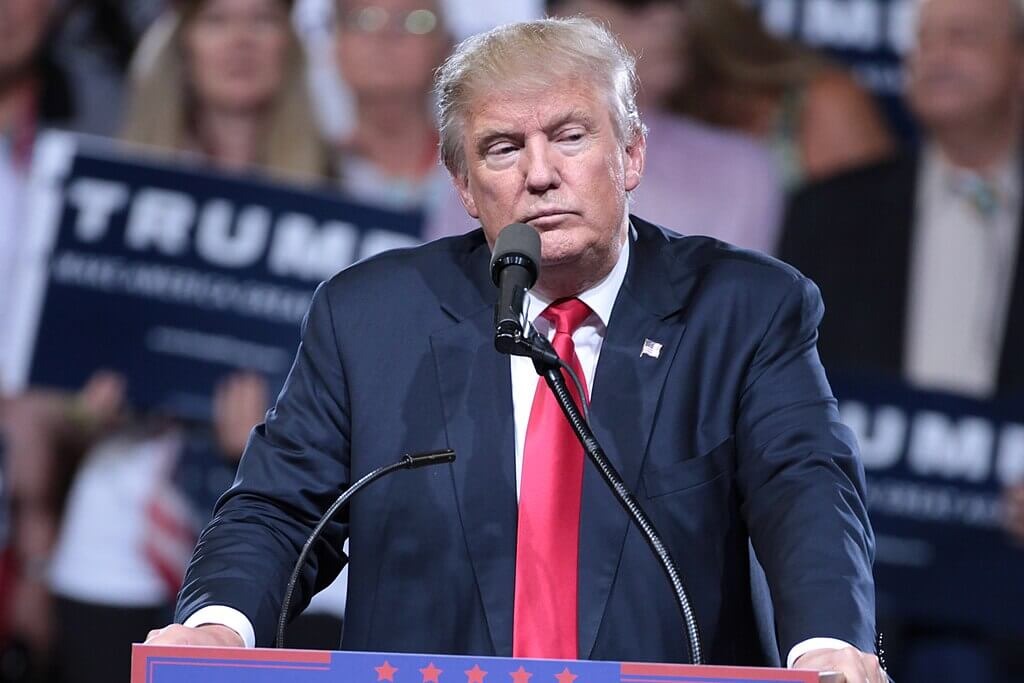


Barran Press
A recent analysis by the Stimson Center, an American research institute, suggests that the Biden administration's efforts to support peace in Yemen while weakening the military capabilities of the Houthis have complicated diplomatic progress in the region. The report, published on November 27, 2024, outlines the potential impact of a second Trump administration on Yemen's future.
The analysis argues that the new U.S. administration under Trump should support the establishment of a politically and militarily unified Yemeni government to strengthen state authority and effectively address various threats, including Houthi influence. It emphasizes the need for the U.S. to back the Yemeni government at both local and regional levels while prioritizing an inclusive peace process involving all stakeholders.
Prepared by researcher Afrah Nasser, the report states that the second Trump administration will be pivotal in determining Yemen's future, and decisions made in the coming months will resonate throughout the broader Middle East.
The analysis highlights the importance of recognizing the connection between the Houthi attacks in the Red Sea and the ongoing conflict in Gaza. It advocates for a shift toward facilitating a comprehensive solution that begins with a ceasefire in Gaza.
Nasser also notes the roots of the escalation in Yemen, describing it as "the poorest country in the Arab world." Over the past year, the Houthis have increasingly disrupted vital global maritime routes, exacerbating regional tensions. The Houthis have pledged solidarity with the Palestinians, vowing to respond against Israel until military operations in Gaza cease, including targeting vessels they claim are linked to Israel.
The report indicates that this stance has prompted the U.S. and U.K. to conduct airstrikes against Houthi military sites in Yemen. The U.S. has also initiated a military operation known as Operation Prosperity Guardian, which has included drone strikes on vessels and airstrikes to counter Houthi military capabilities.
Meanwhile, the Houthis have launched limited missile strikes on Israeli cities, provoking multiple Israeli responses in Yemen. In this complex geopolitical landscape, U.S. foreign policy decisions will be critical in shaping Yemen's future.
According to the Stimson analysis, Vice President Kamala Harris has aligned with Biden’s approach to Yemen, which has tended to overlook the link between Houthi attacks and the war in Gaza. Previously, Harris allied with progressive members of her party to sponsor legislation aimed at ending U.S. support for Saudi military operations in Yemen, although this was before the Houthi threat to international shipping escalated.
In contrast, Trump supported Saudi Arabia in Yemen during his administration and vetoed bipartisan efforts to withdraw U.S. support for Riyadh. As he left office in January 2021, he went further by designating the Houthis as a foreign terrorist organization, intending to further isolate them and cut off international humanitarian aid to Yemenis under Houthi control. However, under pressure from humanitarian organizations warning that this could worsen the dire situation in Yemen, the Biden administration lifted the designation.
Trump has since criticized Biden for conducting military strikes against the Houthis, claiming that Biden "is dropping bombs all over the Middle East." This raises the possibility that Trump would resume similar actions if he returns to office or reclassifies the Houthis as a terrorist organization.
The analysis also touches on the UN-brokered truce that began in 2022, which received strong backing from the Biden administration. The ceasefire has successfully halted the long-standing conflict, providing hope for a peaceful resolution.
Yemen's strategic location along the Red Sea, a vital global trade route, makes its stability crucial for U.S. interests, especially as Houthi threats to American assets, including military bases in Djibouti and Eritrea, persist.
Recent Houthi attacks have jeopardized global supply chains and regional stability. Supported by Iran, the Houthis challenge the Yemeni government and neighboring countries, particularly U.S. allies Saudi Arabia and the United Arab Emirates.
Additionally, the presence of Al-Qaeda in the Arabian Peninsula poses a direct threat by planning attacks on military and diplomatic targets, recruiting extremists, and disseminating anti-U.S. propaganda that could inspire global terrorism.
The report concludes that U.S. policy toward Yemen has largely been reactive, highlighting the need for a more proactive strategy grounded in diplomacy that addresses the root causes of ongoing unrest in Yemen, as well as regional rivalries and proxy wars.